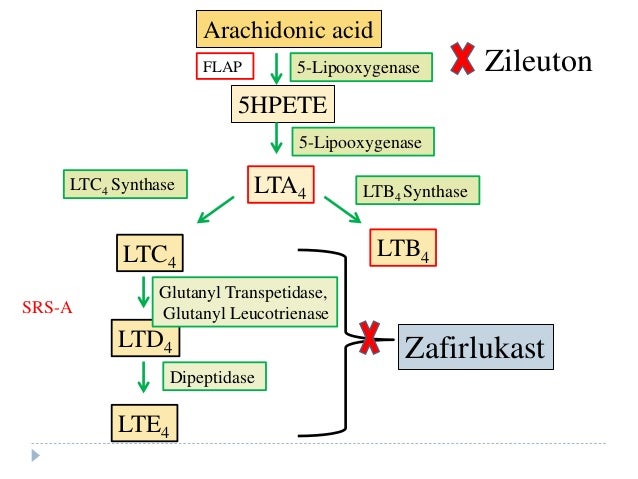BieraK mentioned mitohormesis the other day and I thought I'd post a little abstract with some info on it in case you guys were interested. Hormesis is HUGELY important in human adaptive responses to the environment and mitohormesis is an up and coming theory worth paying attention to imo.

http://www.ncbi.nlm....pubmed/26654757
Free Radic Biol Med. 2015 Nov 30. pii: S0891-5849(15)01141-7. doi: 10.1016/j.freeradbiomed.2015.11.032. [Epub ahead of print]
Mitohormesis in exercise training.
Hormesis is a process whereby exposure to a low dose of a potentially harmful stressor promotes adaptive changes to the cell that enables it to better tolerate subsequent stress. In recent years this concept has been applied specifically to the mitochondria (mitohormesis), suggesting that in response to a perturbation the mitochondria can initiate and transduce a signal to the nucleus that coordinates a transcriptional response resulting in both mitochondrial and non-mitochondrial adaptations that return and maintain cellular homeostasis. In this review we summarize the evidence that mitohormesis is a significant adaptive-response signaling pathway, and suggest that it plays a role in mediating exercise-induced adaptations. We discuss potential mitochondrial emitters of retrograde signals that may activate known exercise-sensitive transcription factors to modulate transcription responses to exercise, and draw on evidence from mitochondrial dysfunction animal models to support a role for mitohormesis in mitochondrial biogenesis. Studies directly linking mitohormesis to the exercise training response are lacking, however mounting evidence suggests numerous signals are emitted from the mitochondria during exercise and have the potential to induce a nuclear transcription response, with reactive oxygen species (ROS) being the primary candidate.
Edited by lostfalco, 18 December 2015 - 12:55 AM.






















































